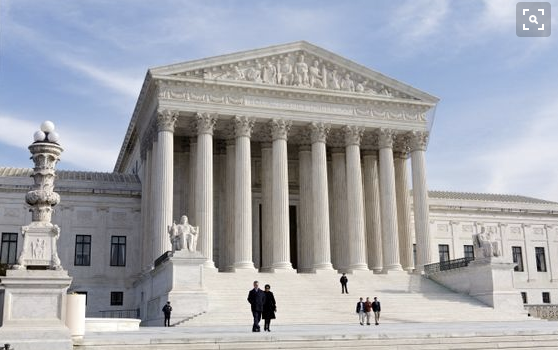Curator note: This Supreme Court nominee, Judge Kavanaugh, has not demonstrated the honesty, decency, integrity or judicial fairness to be confirmed for the Supreme Court. He is unfit to serve in that position. If he is confirmed by this Republican Congress, he can be impeached by the next Democratic Congress and he can either resign or be forced off of the Court.
Charles Grassley, the chairman of the Senate Judiciary Committee, and Mitch McConnell, the Senate majority leader, seem determined to call a vote next week on the confirmation of Judge Brett Kavanaugh to be an associate justice of the Supreme Court, even in the face of this week’s sexual assault allegations against him.
Senate Republicans assume, correctly, that if they can hold the party line, his installation on the Supreme Court is a sure thing. This is certainly true — even if the Democratic caucus in the Senate holds firm against Mr. Kavanaugh, they simply lack the votes to block him. But the Republicans’ calculus contains a significant error — namely, the assumption that if Judge Kavanaugh is confirmed to the Supreme Court, that’s the end of the discussion of whether he is fit to serve.
The Constitution does provide that federal judges, including Supreme Court justices, “shall hold their offices during good behavior.” The settled understanding of this phrase is that so-called Article III judges enjoy lifetime tenure. But the Constitution also makes both judicial and executive officers subject to impeachment. And, as it happens, the House of Representatives holds “the sole power of impeachment.” If the Democrats win back the House in November, they can exercise that power.




